
Godzilla Minus One (2023, dir. Takashi Yamazaki)
Certificate: 12A
Running Time: 124 mins
UK Distributor: All the Anime
UK Release Date: 15 December 2023
WHO’S IN GODZILLA MINUS ONE?
Ryunosuke Kamiki, Minami Hamabe, Yuki Yamada, Munetaka Aoki, Hidetaka Yoshioka, Sakura Ando, Kuranosuke Sasaki
WHO’S BEHIND THE CAMERA?
Takashi Yamazaki (director, writer), Minami Ichikawa, Kazuaki Kishida, Keiichiro Moriya and Kenji Yamada (producers), Naoki Satô (composer), Kôzô Shibasaki (cinematographer), Ryûji Miyajima (editor)
WHAT’S IT ABOUT?
In post-war Japan, the giant mutated lizard Godzilla wreaks havoc…
WHAT ARE MY THOUGHTS ON GODZILLA MINUS ONE?
For almost 70 years, the giant mutant lizard Godzilla has been many things: a monster, a king, a hero, and mostly a walking allegory for nuclear warfare in the mid-to-late 20th century. However, with Godzilla Minus One, the legendary kaiju becomes something that he hasn’t been since his 1954 film debut: critically acclaimed.
While some entries in the ongoing Japanese Toho franchise (as well as some in the separate American MonsterVerse series) have scored their fair share of strong reviews, including as recently as 2016’s Shin Godzilla which according to Rotten Tomatoes has 86% of critics in its pocket, few have come as close to recapturing the unanimous praise that Ishirō Honda’s original sci-fi classic received, and continues to receive retrospectively. That certainly isn’t the case with director Takashi Yamazaki’s new entry, which not only has a current critical score of 97% – surpassing the 1954 original by 4% – but seems to have united audiences overwhelmingly in its favour, who have taken to social media and various other platforms to spread the word about how great this movie actually is.
Having now seen it for myself, there’s a compelling reason as to why Godzilla Minus One is receiving so much unprecedented attention from critics and audiences: it really is that great of a movie, with an insanely strong mixture of monster action and human drama that puts most Hollywood blockbusters, particularly the ones released this year, to shame.
The film is set in Japan during the post-war period of the mid-to-late 1940s, and the mood between most civilians is pretty dire, to say the least. On top of losing the war, cities and towns have been left utterly destroyed, with people’s homes littered with rubble that last well after the country’s surrender, and you’d be hard-pressed to find a survivor who isn’t mourning the loss of someone dear, be they family or friend. One such survivor is Kōichi Shikishima (Ryunosuke Kamiki), a former kamikaze pilot dealing with an overwhelming feeling of survivor’s guilt, but is attempting to get his life back on track after taking in a young woman named Noriko (Minami Hamabe) and the orphaned baby that’s been placed in her care.
And then, just when you think things couldn’t possibly get worse for Japan, Godzilla shows up. Having been mutated by all of the US’s nuclear testing, the enlarged creature lays waste into just about everything that’s unfortunate to have crossed its path, whether it’s entire city blocks or massive naval warships, none of which is safe from its monstrous wrath, or even worse its atomic breath. However, after various governments refuse to help, it’s left to the civilians to make their stand against Godzilla, during which they prove to themselves that the lingering after-effects of war, in addition to facing off against a giant monster, cannot take away their human spirit.
One of the many great things about Godzilla Minus One is that it wastes little time in giving the audience exactly what they came to see. This isn’t a 2014 Godzilla situation where the titular monster has less screen time than even his human co-stars; the monster is in the movie quite a bit, showing up exactly when he needs to, and causing the right amount of chaos and destruction before buggering off again. Even when he isn’t on-screen, Godzilla has a mighty presence that lingers over the rest of the drama, but never to where you’re distracted or feeling as though the tone radically shifts when he arrives on the scene. This is a film that has some raw human moments like something out of a film by Hirokazu Kore-eda or Tokyo Story’s Yasujirō Ozu, yet Godzilla’s sudden interruption rarely, if at all, takes away their impact, even as he makes his presence more than known.
Not only that, but he is legitimately terrifying in this movie, with the first time he shows up being the kaiju equivalent of Freddy Krueger or Michael Myers jumping out from within the darkness, while his overall design and the impressive effects used to create him (no rubbery suits this time) greatly emphasise his hulking presence that can be rather chilling. Even the way that he stomps through cities is unnerving, as he’s rendered to have slow and somewhat stiff movement that is by no means a criticism of the effects – which, to reiterate, are quite excellent here – but an intentional design that, again, shows the viewer just how absolutely enormous he is. Also, just wait until he uses that atomic breath of his – yours is guaranteed to be taken away.
Godzilla is, undoubtedly, the reason that most people are keen to see this movie, and they’ll certainly get their money’s worth. However, unlike a lot of other films in the franchise where the monster figuratively and literally towers over the far less interesting human characters, writer-director Takashi Yamazaki goes well out of his way to ensure that his cast of humans is just as compelling, if not more so, than his title figure. These are characters who are facing some extraordinarily difficult struggles well before the lizard even pops up, and Yamazaki does extremely well to give them all plenty of time to develop and analyse their complex mindsets, in ways that don’t just make them feel like incredibly three-dimensional people, but also ones who you genuinely do not want to see be killed during the kaiju’s rampage.
You really do feel the emotional weight that they’re carrying on their backs at all times, especially Ryunosuke Kamiki’s conflicted pilot Shikishima who has a number of pretty powerful moments that, through a combination of strong writing, focused direction and especially passionate acting, might even make you tear up once or twice. The film has great power in its script to rival Godzilla’s atomic breath, for it is littered with themes about war, trauma, guilt and unity that Yamazaki embeds within a crowd-pleasing narrative that happens to feature a giant monster.
It is so smart in its concept and execution that it leaves you all the more enraged than so many of this year’s blockbusters – all of which cost far more than the $15 million price tag that Godzilla Minus One carries – have taken far less care with balancing out effects-heavy spectacle with meaningful writing, instead favouring soulless graphics over soulful storytelling. How can a $200 million movie like, say, The Flash look so horrendous while also having no discernible emotional centre to it whatsoever, while a Godzilla movie made for a fraction of that amount feels so genuinely epic while also having you deeply care about its plot and characters? It’s a much deeper problem for Hollywood when most of their huge-budgeted movies are being outdone, critically and commercially, by a Japanese production that has far more humanity and soul than most of them combined.
For now, I think everyone can settle with Godzilla Minus One being a fantastically engaging monster blockbuster with love and passion for its subject and the deeper themes alongside it, which makes it by far one of the year’s best blockbusters.
SO, TO SUM UP…
Godzilla Minus One is a fantastic monster movie that features plenty of the titular kaiju icon, who has a legitimately terrifying presence throughout, as well as a strong helping of three-dimensional characters in a smartly conceived script that’s executed with more passion and soul than most other blockbusters of the last twelve months.




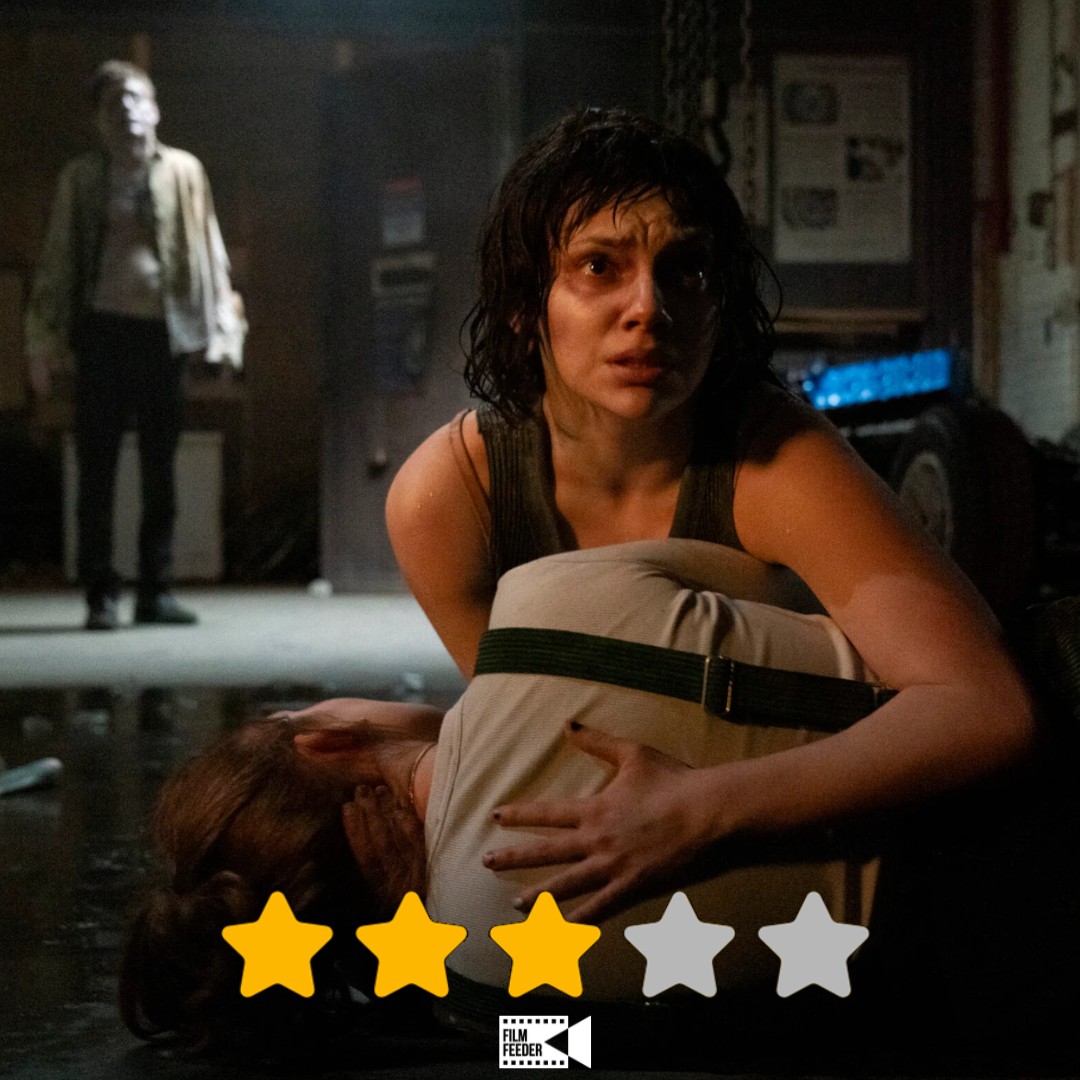
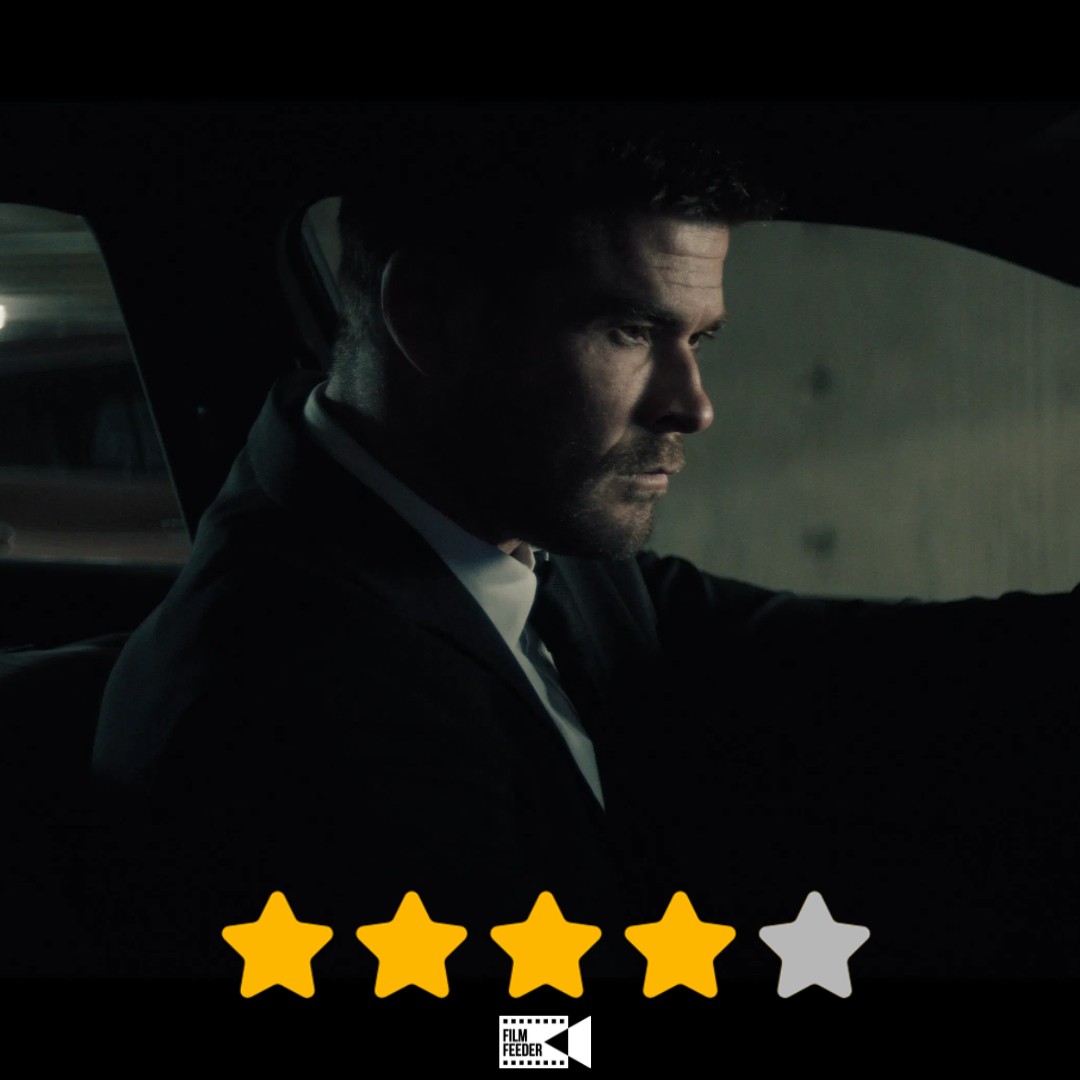
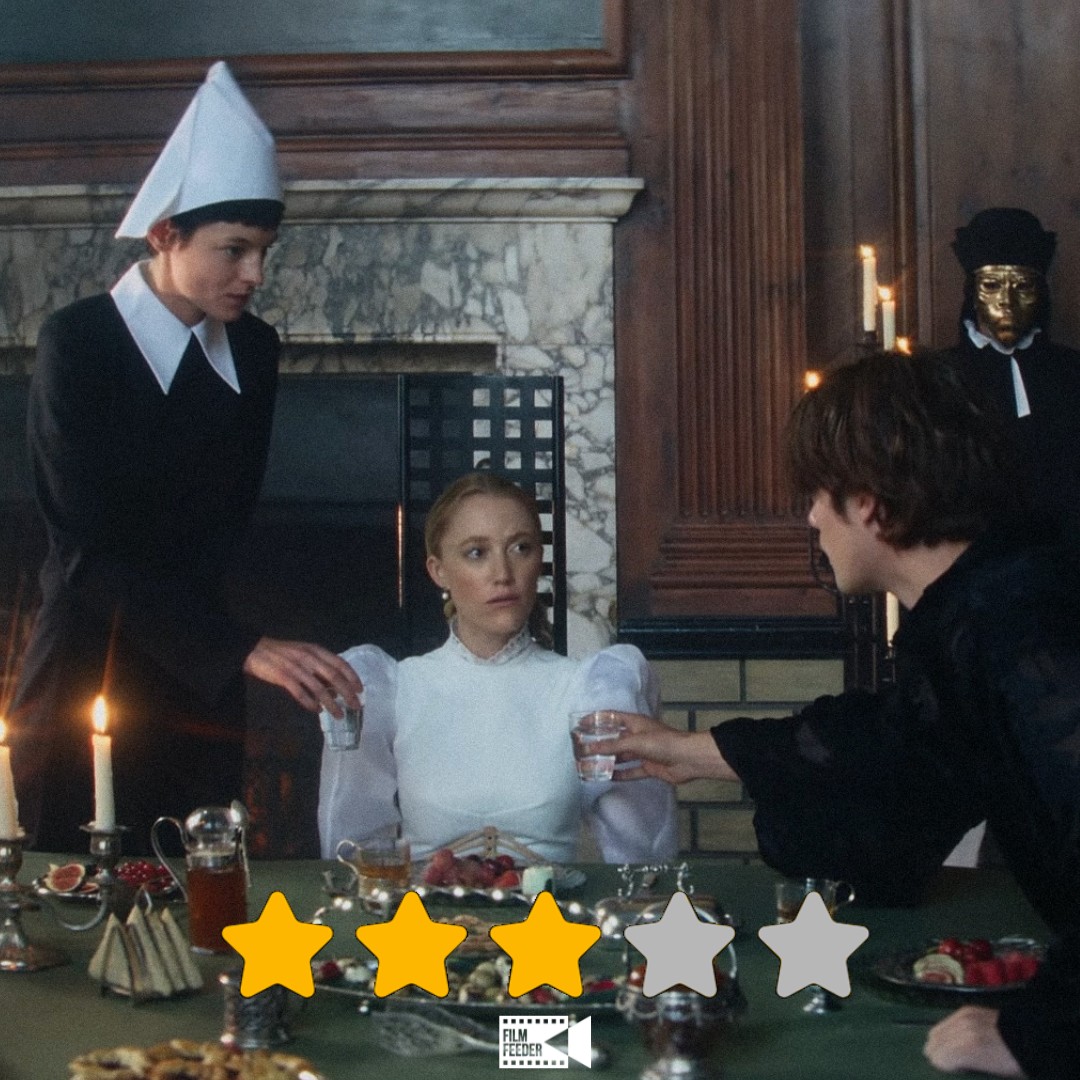

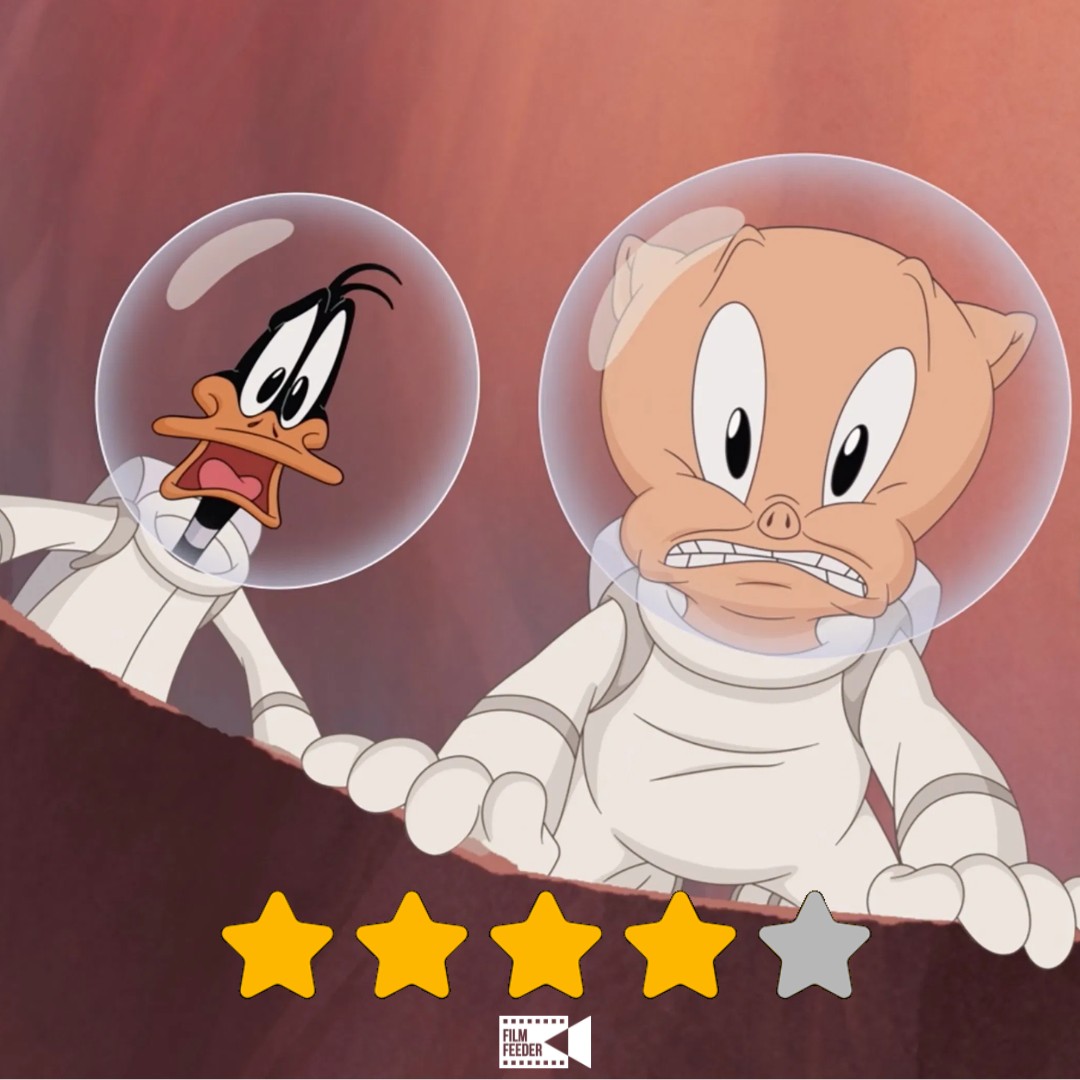
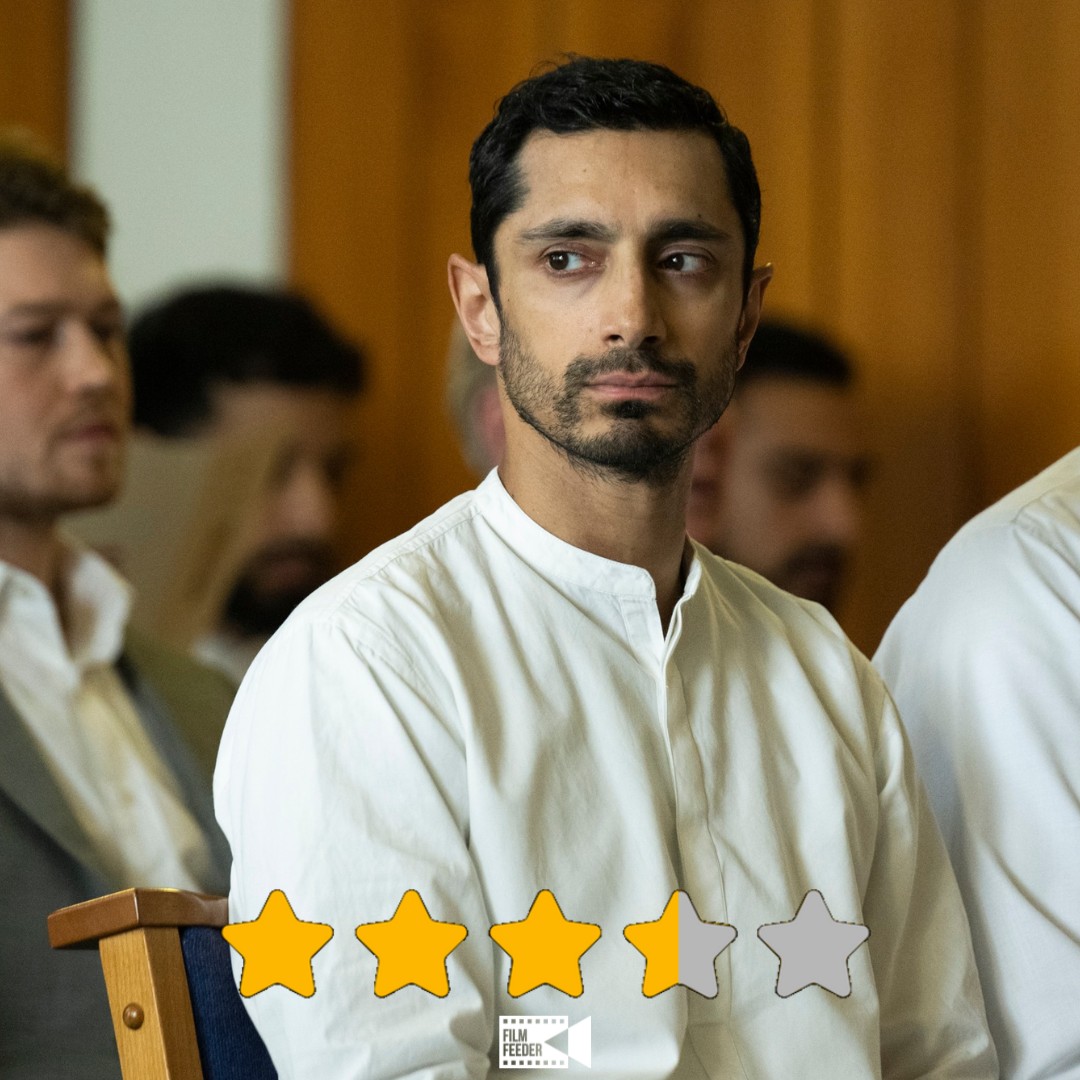
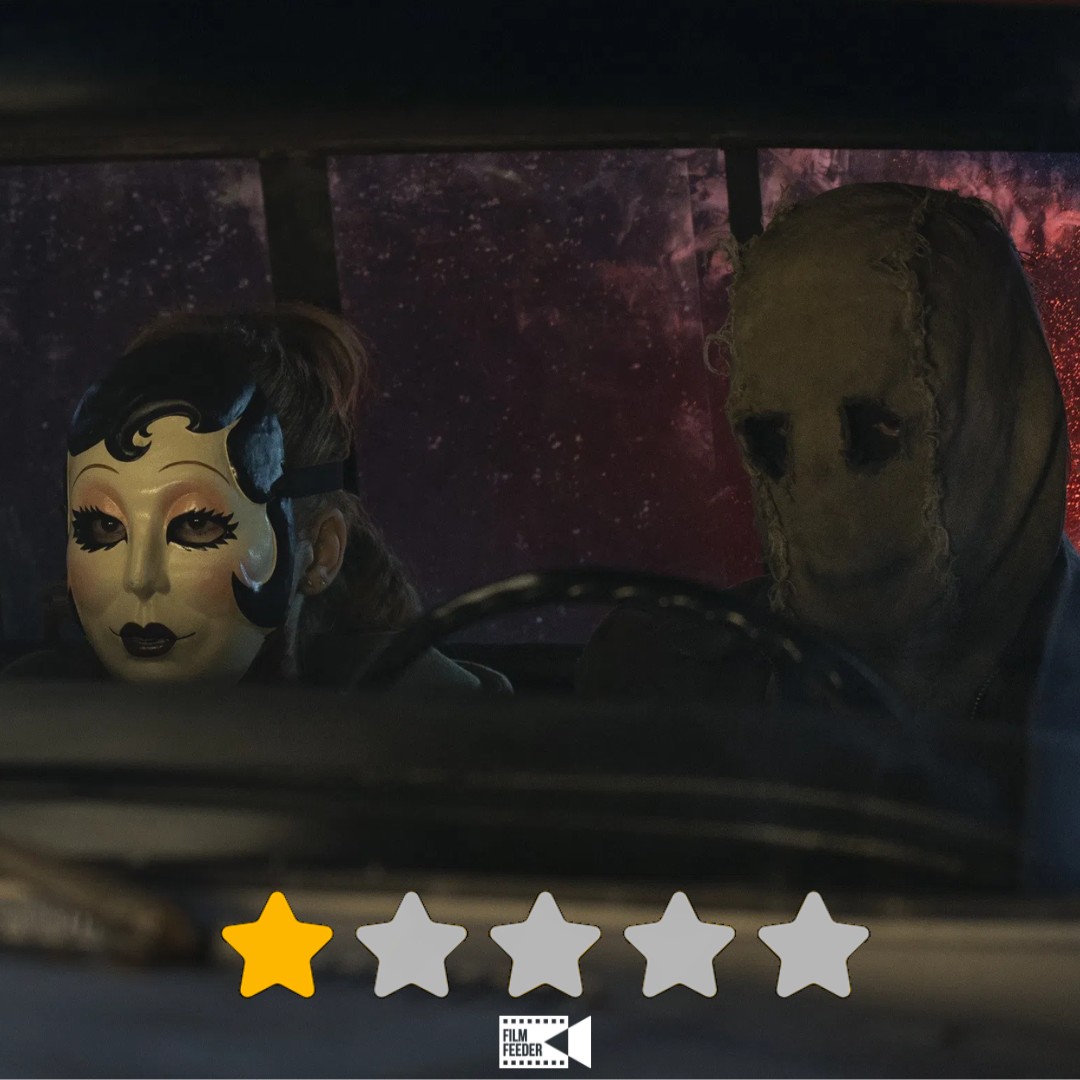


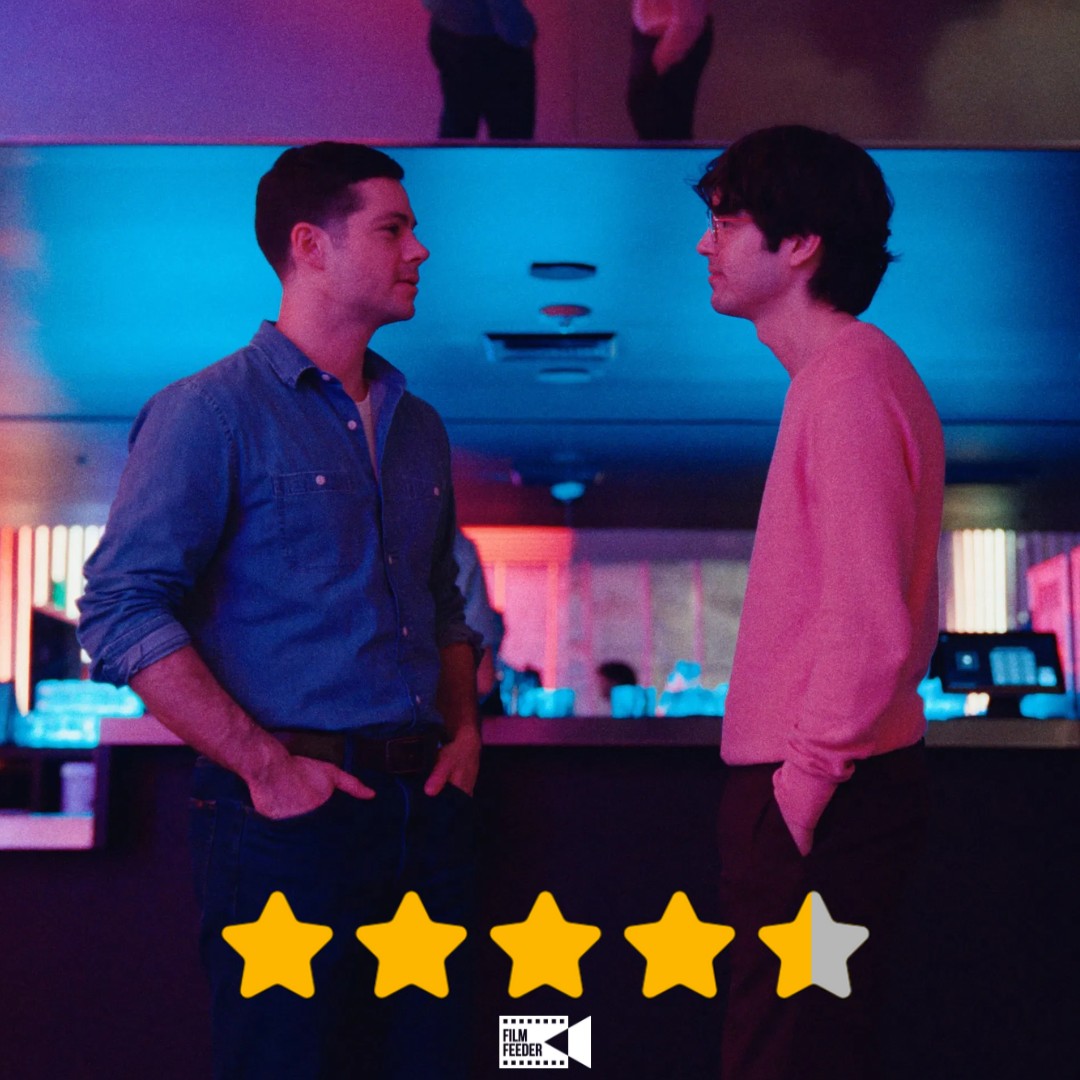
0 Comments